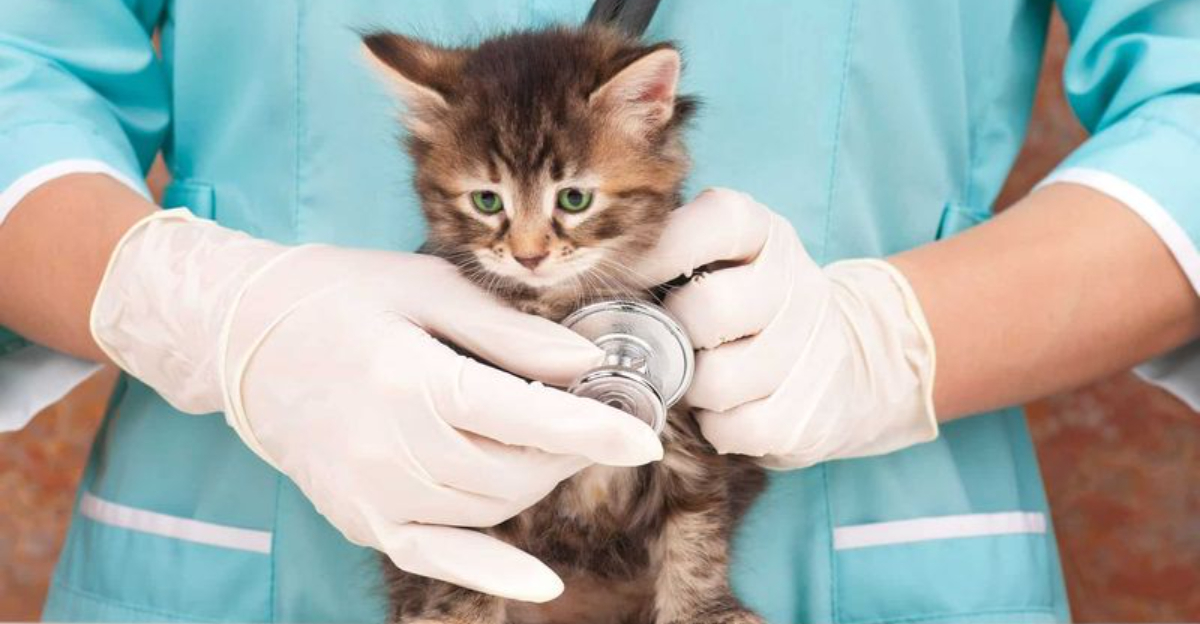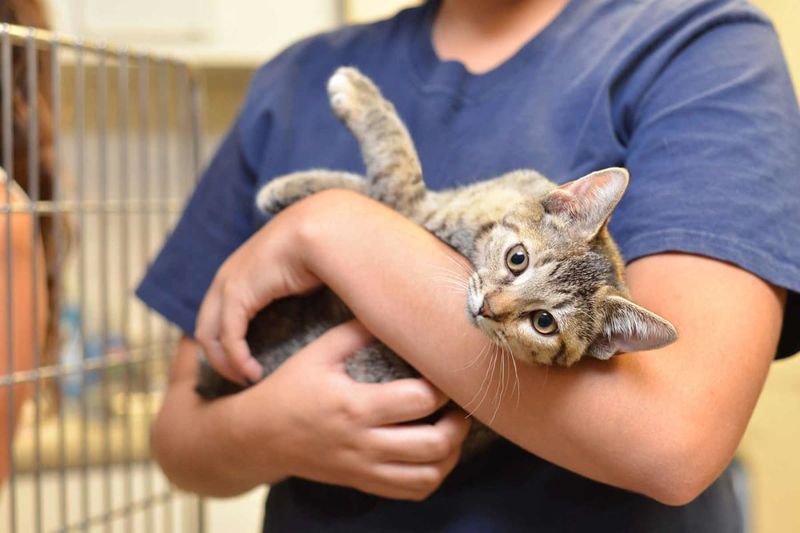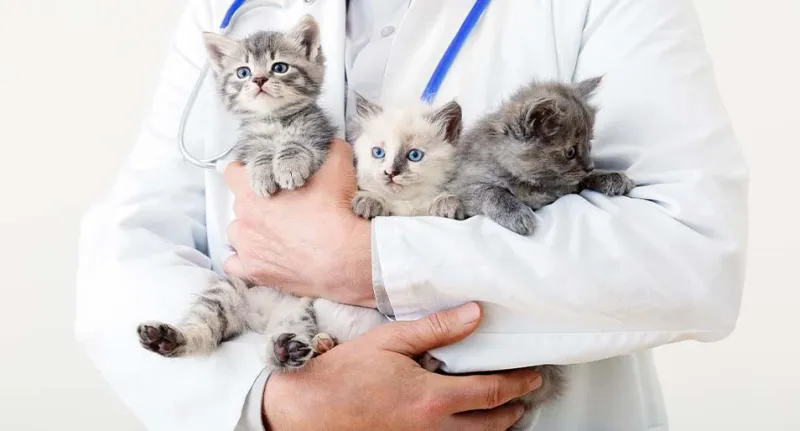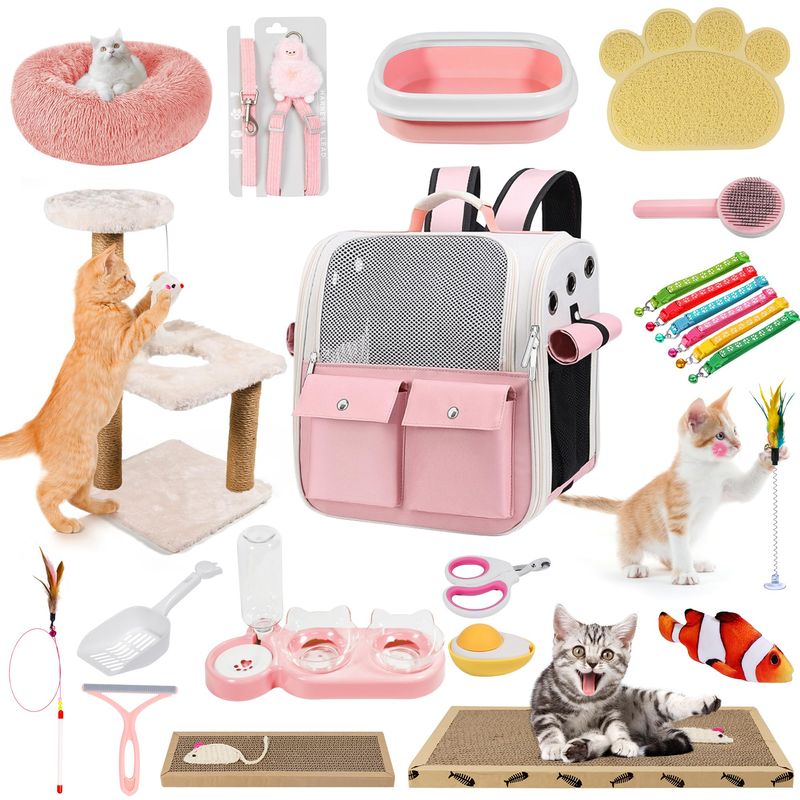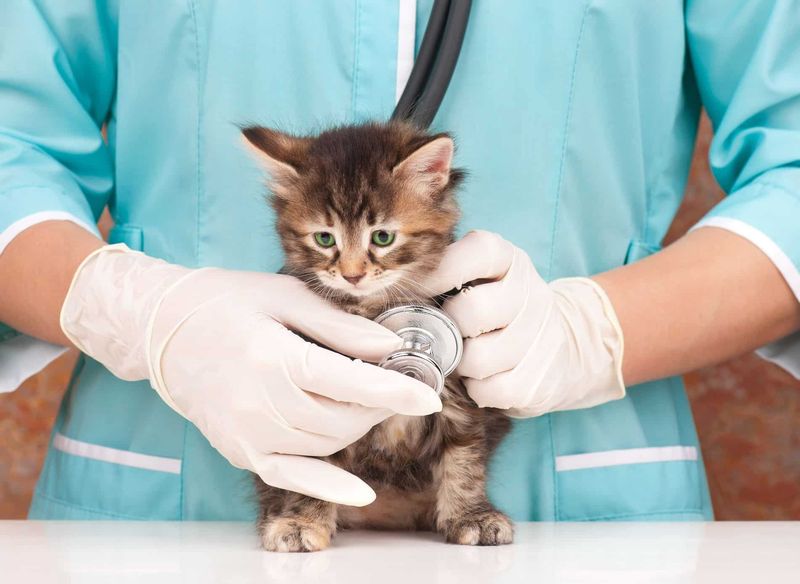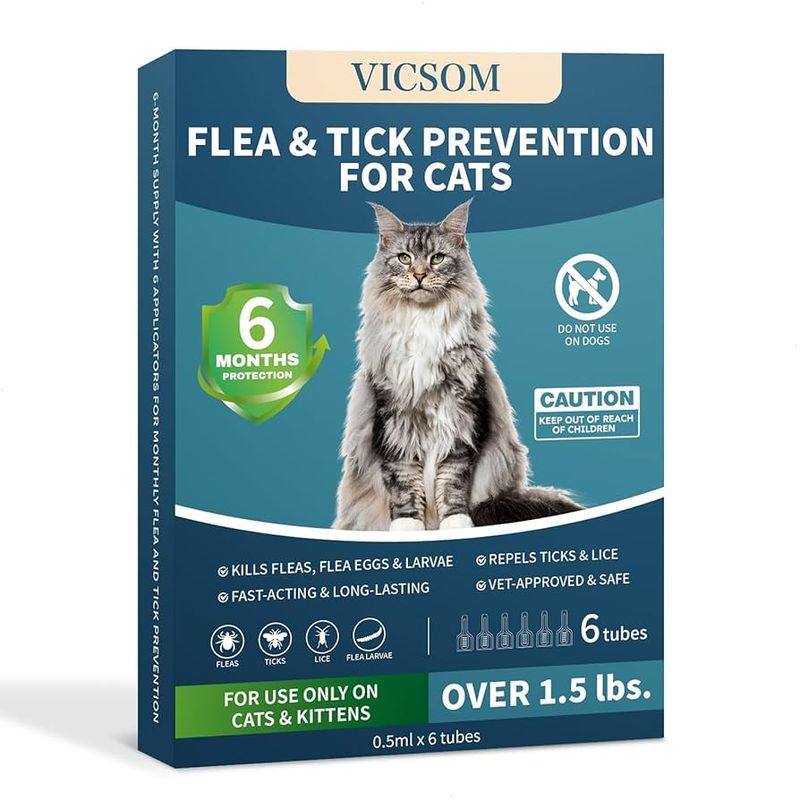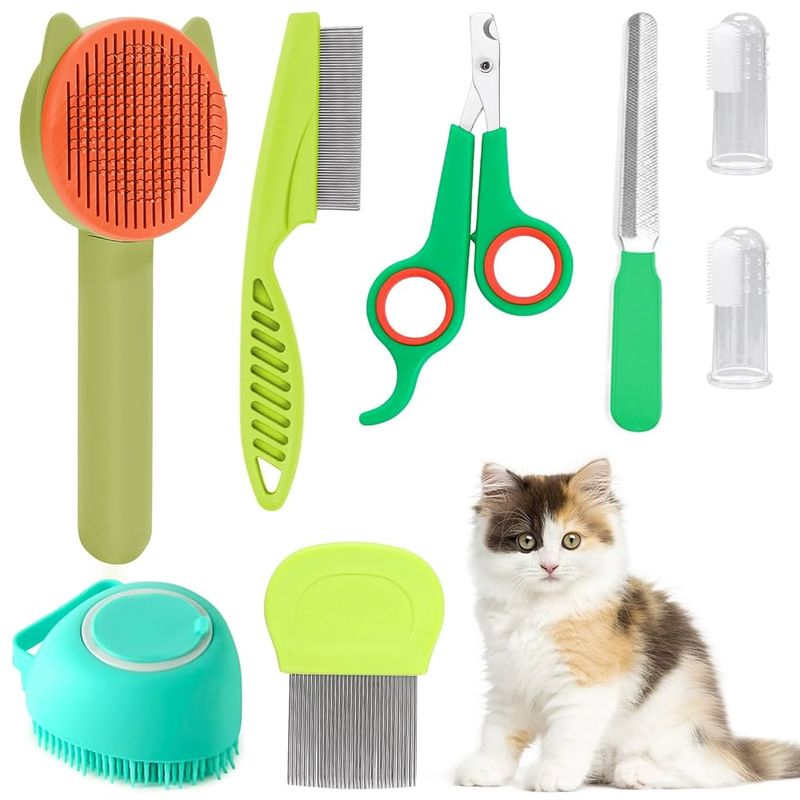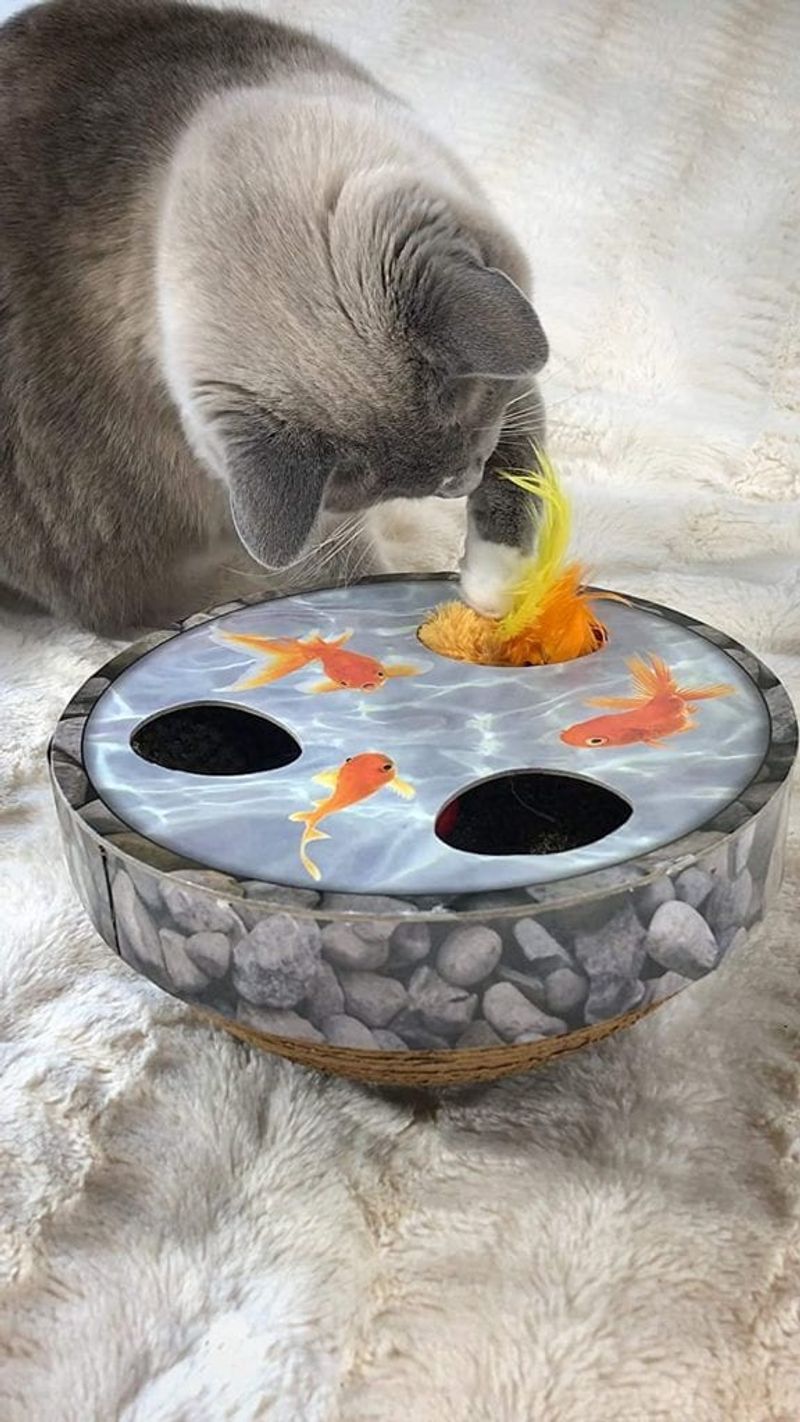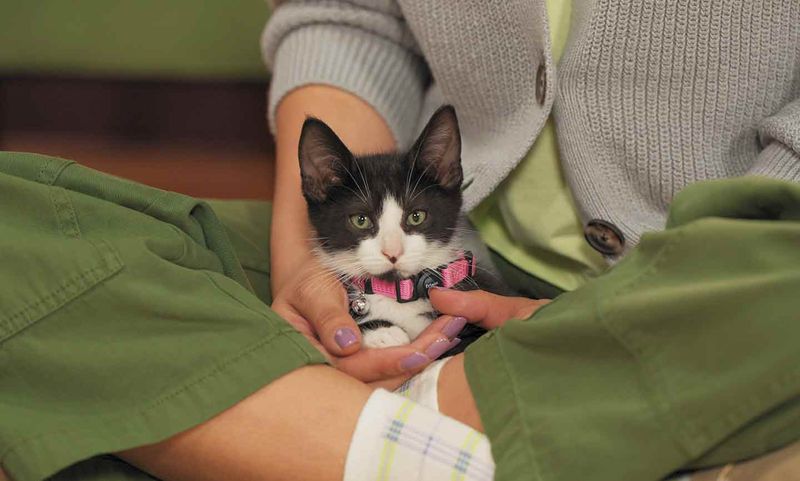📖 Table of Content:
Bringing a kitten into your home is a joyful experience, but understanding the financial commitment is crucial. The first year of a kitten’s life involves various expenses, including adoption fees, veterinary care, food, supplies, and more. Here, we break down the anticipated costs to help you plan effectively. From adoption to unforeseen emergencies, knowing what to expect financially will ease the transition and ensure a happy, healthy life for your new feline friend. Explore these ten essential factors that contribute to the real cost of raising a kitten.
1. Adoption Fees
Adopting a kitten often starts at a shelter, where fees range from $30 to $125. If you’re eyeing a specific breed from a breeder, prepare for a steeper cost, anywhere from $500 to $3,000. Each route has its charm; shelters give a second chance to deserving animals, while breeders offer specific breeds. The price difference reflects factors such as lineage and demand. Given these options, consider what aligns with your preferences and budget. Whether it’s the heartwarming adoption or a breed of choice, remember that this initial cost is just the beginning.
2. Veterinary Care
Essential to a kitten’s well-being, veterinary care includes vaccines, check-ups, and preventive treatments. An initial wellness exam might cost $50 to $150, while vaccinations add approximately $300 in the first year. Spaying or neutering ranges from $150 to $500, and microchipping costs $30 to $100. These measures ensure a healthy start and protection against common ailments. Regular vet visits also build a trusting relationship with your vet, providing peace of mind. Investing in proper care early on not only enhances your kitten’s quality of life but also prevents potential future issues.
3. Supplies
Equipping your home for a kitten means gathering essential supplies. Food and water bowls might set you back $5 to $30, while a litter box could range from $10 to $200. Don’t forget the litter, estimated at $70 to $150 annually. A cat carrier, scratching post, toys, and bed are also on the list, with varying costs. Each item contributes to the kitten’s comfort and your convenience. From playful toys to cozy beds, the choices reflect your lifestyle and the kitten’s needs. These initial investments create a welcoming environment and ease the transition into your home.
4. Food
Feeding a kitten involves choosing between wet and dry food, each offering distinct benefits. Monthly costs range from $20 to $50, depending on brand and dietary needs. Quality nutrition is paramount for growth and energy, so opt for reputable brands. Balancing between wet and dry options can offer variety and meet nutritional demands. Consulting with your vet can help tailor a diet plan that suits your kitten’s health needs. As your kitten grows, dietary adjustments may be necessary, reflecting changes in activity and metabolism. Prioritize quality to support a vibrant, playful kittenhood.
5. Pet Insurance
Pet insurance can be a financial lifesaver, covering unexpected veterinary costs. Plans average $32 to $38 monthly, offering peace of mind against accidents or illnesses. The right policy depends on your kitten’s breed and health profile. Consider coverage options carefully, balancing premiums against potential benefits. Some plans cover routine care, while others focus on emergencies. Insurance not only safeguards your finances but also ensures your kitten receives timely medical attention. Investing in a comprehensive plan early on can mitigate unforeseen expenses and provide reassurance as your kitten explores the world.
6. Flea and Tick Prevention
Protecting your kitten from fleas and ticks is vital for health and comfort. Prevention packs cost between $40 and $50, depending on the brand and duration. Regular application helps ward off parasites that can lead to discomfort or disease. Consult with your vet to choose the most effective and safe option, tailored to your kitten’s lifestyle and environment. Consistent use not only protects your pet but also maintains a pest-free home. Investing in prevention reduces the risk of infestations, ensuring a happy, itch-free kitten eager to explore indoors and out.
7. Emergency Fund
An emergency fund is wise, setting aside around $2,000 for unforeseen veterinary expenses. Emergencies like accidents or sudden illnesses can strain finances without warning. Having a dedicated fund provides reassurance and the ability to act swiftly in critical situations. Building this fund can start small, growing over time to meet potential needs. While hoping emergencies never occur, being prepared is a responsible pet owner’s duty. This financial cushion ensures you can prioritize your kitten’s health without hesitation, offering peace of mind and readiness for life’s unpredictabilities.
8. Grooming Supplies
Grooming is more than aesthetics; it’s a health practice. Brushes, nail clippers, and shampoos are essential, with costs varying based on quality. A regular grooming routine helps maintain a healthy coat and claws. Starting young acclimates your kitten to the process, reducing stress. Proper grooming prevents matted fur and overgrown nails, common issues in cats. Consider professional grooming for specialized breeds with unique needs. Investing in good tools saves money long-term and strengthens the bond with your pet. Grooming keeps your kitten looking and feeling its best, promoting overall well-being.
9. Toys and Enrichment
Toys and enrichment are vital for a kitten’s development. Spending $10 to $80 on toys stimulates mental and physical growth. Engage your kitten with interactive puzzles, balls, and feather wands. Enrichment mimics hunting, satisfying natural instincts. Rotate toys to maintain interest and challenge. Investing in varied toys supports agility and curiosity, while reducing boredom. Enrichment provides essential exercise, promoting a healthy weight and reducing destructive behaviors. Choose toys tailored to your kitten’s size and temperament, ensuring they are safe and engaging. These playful investments lead to a lively, happy companion.
10. Training and Socialization
Training and socialization shape a kitten’s behavior and personality. Early interactions with people and other pets build confidence and sociability. Training resources, often free or up to $100, guide you through basic commands and behavior modification. Positive reinforcement is key, rewarding good behavior and encouraging learning. Socialization reduces fear of new experiences, fostering a well-adjusted pet. Exposing your kitten to various environments and stimuli prepares them for a harmonious household. The effort invested in training pays off in a well-mannered, adaptable companion, enriching your life and theirs with delightful, shared experiences.
